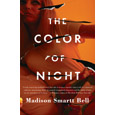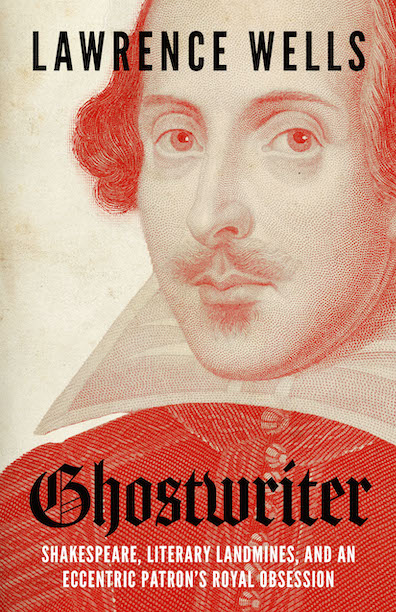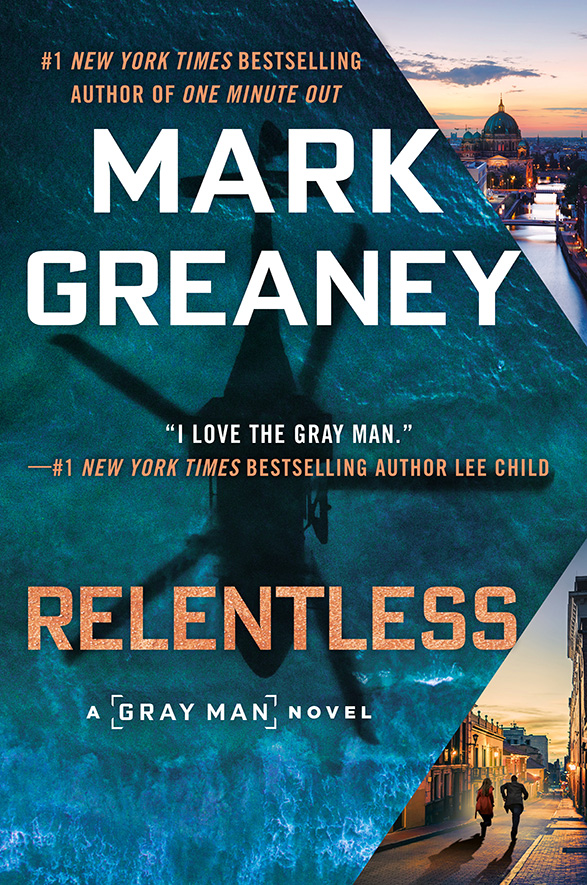Much Ado About Something
Percival Everett plays with meaning and time in Dr. No
Percival Everett’s Dr. No is much ado about nothing. But in this novel, his 23rd, Everett explores the idea that perhaps nothing is something. Or everything.
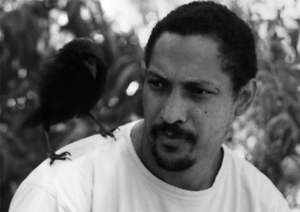 Everett’s recent novels include Erasure (2001), I Am Not Sidney Poitier (2009), So Much Blue (2017), and Telephone, which was a finalist for the Pulitzer Prize in 2020. The Trees, published in 2021, was shortlisted for the Booker Prize and won the 2022 Anisfield-Wolf Book Award, which honors books that contribute to the understanding of racism and human diversity. Everett’s work has often defied category, but Dr. No is a novel that seems to critique the idea of categorization itself. The book carries a tone of science fiction, but in light of the political absurdity of our time, the reader is hard-pressed to experience the novel as anything but realism. Perhaps, it is also a cultural commentary.
Everett’s recent novels include Erasure (2001), I Am Not Sidney Poitier (2009), So Much Blue (2017), and Telephone, which was a finalist for the Pulitzer Prize in 2020. The Trees, published in 2021, was shortlisted for the Booker Prize and won the 2022 Anisfield-Wolf Book Award, which honors books that contribute to the understanding of racism and human diversity. Everett’s work has often defied category, but Dr. No is a novel that seems to critique the idea of categorization itself. The book carries a tone of science fiction, but in light of the political absurdity of our time, the reader is hard-pressed to experience the novel as anything but realism. Perhaps, it is also a cultural commentary.
Curiously, the novel opens with a witty manifesto on the philosophy of mathematics. Brown University math professor Wala Kitu describes how he came to his relationship with nothing. His real name, he confesses, is Ralph Townsend. But his chosen name is an odd affair: “Wala is Tagalog for nothing, though I am not Filipino. Kitu is Swahili for nothing, though my parents are not from Tanzania.” The novel then follows his relationship with a certain John Sill, who is described as a modernist villain and Black billionaire. Sill recruits Kitu, along with a motley surrealist crew, to help him find a Holy Grail. Its name? Nothing.
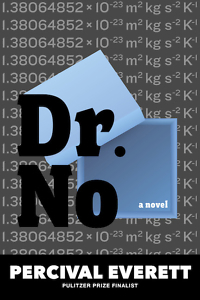 Dr. No employs a wealth of niche mathematical terminology. Surprisingly, though, we’re not alienated by the mathematical terms, since the protagonist reveals his own distance from math early on: “I have not for decades concerned myself with arithmetic, calculus, matrices, theorems, Hausdorff spaces, finite lattice representations, or anything else that involves values or numbers or representations of values.” Kitu seems far more taken up with thinking, though not pontificating. It is this obsession with the life of the mind that draws his soon-to-be adversary John Sill to him.
Dr. No employs a wealth of niche mathematical terminology. Surprisingly, though, we’re not alienated by the mathematical terms, since the protagonist reveals his own distance from math early on: “I have not for decades concerned myself with arithmetic, calculus, matrices, theorems, Hausdorff spaces, finite lattice representations, or anything else that involves values or numbers or representations of values.” Kitu seems far more taken up with thinking, though not pontificating. It is this obsession with the life of the mind that draws his soon-to-be adversary John Sill to him.
The book’s structure aids its feeling of absurdism. The structure of a novel, ultimately, is all about time, and this passage seems to speak to Everett’s broader structural decisions: “[t]hough we have clocks, incredibly precise clocks, time cannot be measured, as one cannot measure any abstraction, convention.” Time cannot be measured.
And so, with each section of Dr. No, Everett restarts time. The effect is almost vertiginous. We begin a new section with chapter one, and a few pages later (some of the chapters are only a single page), we are met with another section and another chapter one. With the finesse of an experienced conductor, Everett manipulates time, perhaps suggesting that time is merely what we say it is. Many of the section titles, too, like “Existential quantifier,” “For all y such that,” and “A bijective function,” are plays on mathematics and therefore time.
While each of Everett’s bold collection of characters warrants their own review, there are a few that represent the breadth of the novel. First, there is Eigen Vector, an astrophysicist and colleague of Kitu’s. She shares her name with the template library for high-level math programming languages. But Eigen can mean “own” in German. She embodies math, and it is ironic that her decisions later in the novel transcend calculation, confounding those who have tried to reduce her to a science.
There is also Kitu’s best friend, Trigo, who is a one-legged bulldog. Throughout the novel, Kitu’s conversations (yes, conversations) with his dog pull us in and out of Kitu’s dreams. The dog, more sage than canine, often presents humorous solutions to Kitu’s quandaries. And so do other characters who appear briefly but are no less memorable. For instance, the street preacher Kitu encounters later in the book is reminiscent of the characters in Ralph Ellison’s Invisible Man, a novel that also plays with time. The street preacher speaks in a seemingly nonsensical hip-hopera: “Negation is affirmation, but neutralization, nullification, and dare I say, even repudiation, are not the same as nonexistence.” It seems like nonsense, that is, until we realize that in his own ironic way, he, too is talking about time.
Dr. No is a rebellious novel that evangelicals and existentialists alike should read. Faith is a major theme in the book, even though it is not presented in theological terms. Perhaps this is because the characters place their faith in “nothing” to effect change. So much of faith has to do with the righting of wrongs. Good people are committed to seeing this mission accomplished, but so are villains. The greatest storytellers create an atmosphere that causes us to ask Who is who? And perhaps, in Dr. No, the difference between the good guys and the villains is, finally, nothing.

Kashif Andrew Graham is a writer and theological librarian, who was recently awarded the Humanities Tennessee Fellowship in Criticism. He enjoys writing poetry on his collection of vintage typewriters and is currently at work on a novel about an interracial gay couple living in East Tennessee.
